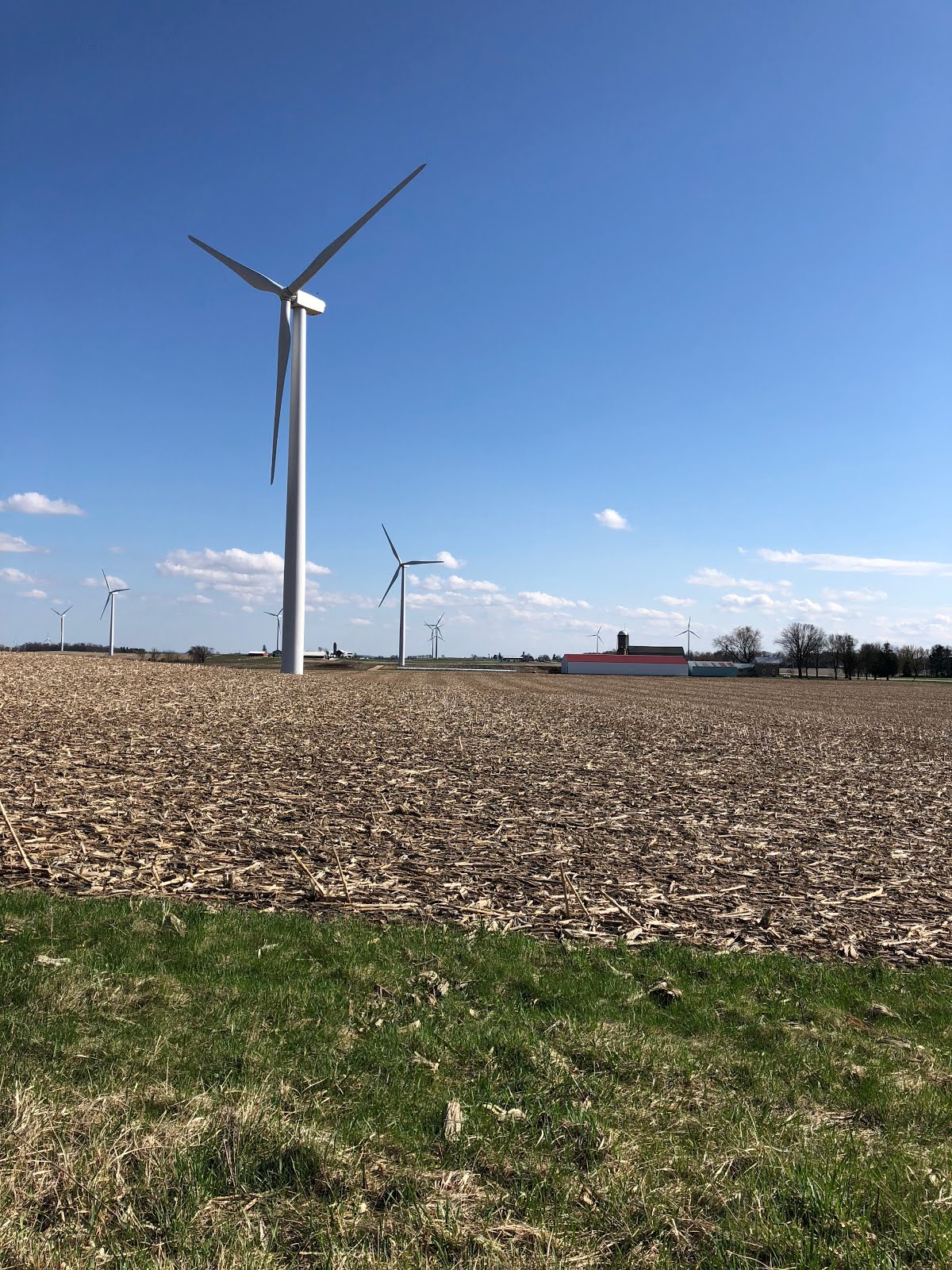WI environmental groups must better explain, embrace Public Trust Doctrine
Updated from 6/9/17 - - and written before the Great Water Giveaway to Foxconn and Wednesday's blockbuster ruling in favor of the state constitution's historic water protection for the people known as the Public Trust Doctrine. Now let's honor and save the doctrine and access to our water by better explaining it.
-------------------------------------
Look, the short version of this post is that Wisconsin water belongs to everyone

and we need to do a helluva better job protecting the water and our rights to it, because clean water and water rights in Wisconsin are being ignored, contaminated, twisted or flat-out heisted.
Here's the rest of the story.
Wisconsin residents' legal rights to clean, accessible water are so fundamental and non-negotiable that they were written into the state constitution as the Public Trust Doctrine.
As explained by Arlen Christenson, one of the state's leading water rights experts:
* Groundwater privatization;
* Drinking water contamination;
* More polluted rivers;
* Adding wetlands-draining sand mines;
* Approving more manure spilling feedlots, and;
* Development at the water's edge.
Citizens groups battle for the public trust at the grassroots and on the shorelines, and dedicated attorneys are fighting good public trust fights - - here and here, for example - - but there has been an inability by statewide environmental groups to band together for a long-term educational and activist campaign to promote and implement the Public Trust Doctrine.
Yes, "Public Trust Doctrine" is a clunky, arcane term, but if the Wisconsin DNR in its era of information-killing web page scrubbing can still publicly explain the Public Trust Doctrine this easily, so can we all:
-------------------------------------
Look, the short version of this post is that Wisconsin water belongs to everyone
and we need to do a helluva better job protecting the water and our rights to it, because clean water and water rights in Wisconsin are being ignored, contaminated, twisted or flat-out heisted.
Here's the rest of the story.
Wisconsin residents' legal rights to clean, accessible water are so fundamental and non-negotiable that they were written into the state constitution as the Public Trust Doctrine.
As explained by Arlen Christenson, one of the state's leading water rights experts:
“It holds that the state is the trustee of the waters of the state for the benefit of the people of the state,” Christenson said. “And so the trustee has a duty to care for, manage, improve and protect the water for the benefit of the citizens. It’s not as if the state owns the water, but the people are the beneficial owners of water, just as the beneficiaries of a trust.”Yet Walker, his agencies, the GOP-controlled Legislature and a corporately-subservient Republican Attorney General are alternately pretending there is no Public Trust Doctrine or are intentionally shredding it for special interests by tolerating or enabling:
* Groundwater privatization;
* Drinking water contamination;
* More polluted rivers;
* Adding wetlands-draining sand mines;
* Approving more manure spilling feedlots, and;
* Development at the water's edge.
Citizens groups battle for the public trust at the grassroots and on the shorelines, and dedicated attorneys are fighting good public trust fights - - here and here, for example - - but there has been an inability by statewide environmental groups to band together for a long-term educational and activist campaign to promote and implement the Public Trust Doctrine.
Yes, "Public Trust Doctrine" is a clunky, arcane term, but if the Wisconsin DNR in its era of information-killing web page scrubbing can still publicly explain the Public Trust Doctrine this easily, so can we all:
Wisconsin lakes and rivers are public resources, owned in common by all Wisconsin citizens under the state's Public Trust Doctrine. Based on the state constitution, this doctrine has been further defined by case law and statute. It declares that all navigable waters are "common highways and forever free", and held in trust by the Department of Natural Resources...
As a result, the public interest, once primarily interpreted to protect public rights to transportation on navigable waters, has been broadened to include protected public rights to water quality and quantity, recreational activities, and scenic beauty.(1)
All Wisconsin citizens have the right to boat, fish, hunt, ice skate, and swim on navigable waters, as well as enjoy the natural scenic beauty of navigable waters, and enjoy the quality and quantity of water that supports those uses.(2)
Wisconsin law recognizes that owners of lands bordering lakes and rivers - "riparian" owners - hold rights in the water next to their property. These riparian rights include the use of the shoreline, reasonable use of the water, and a right to access the water. However, the Wisconsin State Supreme Court has ruled that when conflicts occur between the rights of riparian owners and public rights, the public's rights are primary and the riparian owner's secondary.(1
Wisconsin's Public Trust Doctrine requires the state to intervene to protect public rights in the commercial or recreational use of navigable waters. The DNR, as the state agent charged with this responsibility, can do so through permitting requirements for water projects, through court action to stop nuisances in navigable waters, and through statutes authorizing local zoning ordinances that limit development along navigable waterways.
The court has ruled that DNR staff, when they review projects that could impact Wisconsin lakes and rivers, must consider the cumulative impacts of individual projects in their decisions. "A little fill here and there may seem to be nothing to become excited about. But one fill, though comparatively inconsequential, may lead to another, and another, and before long a great body may be eaten away until it may no longer exist. Our navigable waters are a precious natural heritage, once gone, they disappear forever," wrote the Wisconsin State Supreme Court justice









No comments:
Post a Comment